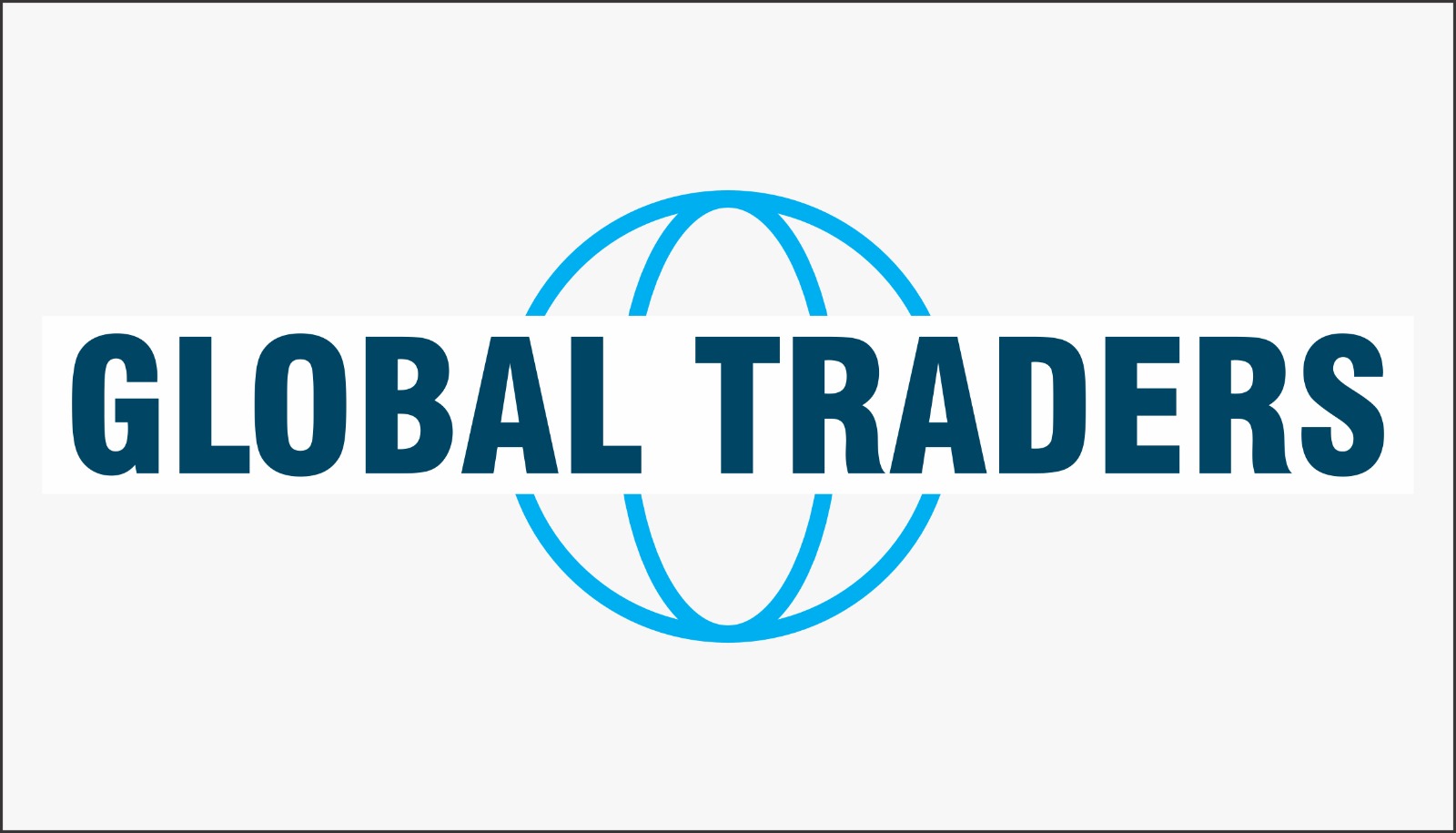
Smooth Customs, Strong Economy: Why Fast Clearance Matters More Than Ever
When people think about business growth, they often talk about investment, marketing, technology, or market access. What they don’t discuss enough is one of the most critical elements of trade and economic development: customs clearance. It may not appear glamorous, but it is the backbone of cross-border commerce. A single delay at the port can hold up millions of rupees in goods, disrupt entire supply chains, and slow down economic activity.
In a world where speed is profit, efficient customs operations are no longer optional; they are essential. And for a country like Pakistan, where trade is a major economic driver, swift customs clearance can directly influence business competitiveness, foreign investment, and even government revenue.
Why Fast Customs Clearance Fuels Business Growth
For businesses, especially importers, exporters, and manufacturers, the customs efficiency is the difference between profit and loss.
Faster Access to Markets
Businesses can’t afford long clearance times. Swift processing helps importers bring in raw materials quickly and exporters deliver on deadlines; both critical for global competitiveness.
Lower Operational Costs
Delays lead to demurrage, storage charges, detention fees, and production standstills. When customs is quick and predictable, businesses save big on logistics and warehousing.
Supply Chain Continuity
Smooth customs prevents factory shutdowns, stock shortages, and order cancellations. It ensures that retailers, manufacturers, and e-commerce platforms operate without disruption.
Attracting Global Clients
International companies prefer suppliers and partners in countries where cargo moves efficiently. Countries that streamline customs position themselves as trade-friendly hubs.
Economic Growth Starts at the Border
Customs isn’t just about cargo clearance; it’s about national progress. Efficient customs systems:
Boost Government Revenues
Customs duties, GST, and other taxes are a major source of state income. When goods are processed quickly and transparently, governments collect revenue promptly and consistently.
Drive Exports and Foreign Investment
Countries with fast customs attract foreign buyers, investors, and logistics partners. According to the World Bank, countries with digitized and faster border processes see up to 16% higher export growth.
Support SMEs and New Traders
When the clearance process is complicated or slow, smaller businesses suffer the most. Efficient systems encourage more entrepreneurs to enter international trade.
Create Jobs across Industries
From logistics to manufacturing and retail, faster cargo movement keeps economic activity high, fueling employment and GDP growth.
The Heavy Cost of Delays and Friction
Customs delays don’t just hurt businesses—they drag down entire economies. According to the World Customs Organization (WCO), inefficient border procedures increase trade costs by up to 15%.
Some of the most common consequences include:
Financial Losses to Businesses
Late deliveries mean cancelled orders, penalties, and loss of customer trust. Even a day’s delay can cause significant cash flow issues.
Government Revenue Loss
When clearance slows, taxes and duties are delayed—hurting public finance. Smuggling and informal channels also increase when formal processes are slow.
Disrupted Supply Chains
Factories stop, retailers run out of stock, and exports miss critical shipment windows.
Global Competitiveness Declines
Countries with slow clearance fall behind in global trade rankings—a disadvantage Pakistan cannot afford.
The World Bank’s “Trading across Borders” index has repeatedly cited customs inefficiencies as a major hurdle for Pakistan, ranking the country poorly compared to regional competitors.
Major Customs Clearance Challenges in Pakistan
Despite progress through initiatives like the Pakistan Single Window (PSW), WeBOC, and digitized filing, several bottlenecks still slow down trade:
Bureaucratic & Manual Processes
Multiple approvals, outdated paperwork, and overlapping departments lead to delays and confusion.
Lengthy HS Code and Valuation Disputes
Disagreements on classification and customs duty assessment can keep shipments pending for days or weeks.
Coordination Gaps among Stakeholders
Shipping lines, banks, customs, terminal operators, and clearing agents often work in silos.
Physical Inspection Overuse
Excessive scrutiny instead of risk-based screening causes congestion and delays at ports.
Limited Use of Pre-Arrival & Green Channel Processing
Most shipments still go through long manual checks despite being low-risk.
Human Intervention and Informal Practices
Opportunities for corruption arise when too many hands and layers are involved.
Infrastructure & Staffing Constraints
Lack of trained officers, weak IT systems, and slow dispute resolution burden the process.
Policy Recommendations to Reduce Friction and Speed up Clearance
To unlock the full potential of trade, Pakistan must streamline customs operations using a mix of reform, technology, and accountability.
Here are key policy recommendations for Customs and FBR:
Go Fully Digital – End Manual Processing
Expand and enforce paperless processing, digital payments, and e-clearance to eliminate bottlenecks.
Expand Risk-Based Screening
Only high-risk shipments should require physical checks. Green channel use must increase significantly.
Enable Pre-Arrival Clearance
Assessment of duties, documentation, and verification should be done before cargo lands at port.
Strengthen Pakistan Single Window (PSW)
Integrate customs with banks, shipping lines, trade bodies, and regulatory agencies in real time.
Simplify Classification & Valuation SOPs
Publish transparent guidance for HS codes, import values, and dispute resolution.
Train and Rotate Customs Staff
Reduce malpractice by investing in officer training, rotation, and performance incentives.
Introduce Time-Bound Clearance Targets
Set legal maximum time limits for clearing compliant shipments (e.g., 24–48 hours).
Improve Coordination with Private Sector
Regular consultation with customs agents, freight forwarders, exporters, and importers is essential.
The Road Ahead: Customs as a Driver of National Growth
For Pakistan to boost exports, attract investment, and improve its global trade position, customs cannot remain a bottleneck. It must become a facilitator.
A smooth customs ecosystem delivers:
- Faster trade flows
- Higher tax collection
- Business-friendly environment
- Stronger supply chains
- Reduced corruption and disputes
- Improved ease of doing business
Every stakeholder including government, private sector, customs agents, and logistics companies, they all benefits when the clearance system works quickly and transparently.
In a world competing on speed and efficiency, customs is not just a checkpoint; it is a strategic gateway to economic growth.
If Pakistan gets it right, the impact will be felt across industries, from manufacturing and e-commerce to agriculture, retail, and exports.
Fast customs means fast growth. Slow customs means slow economy. The choice is clear.
